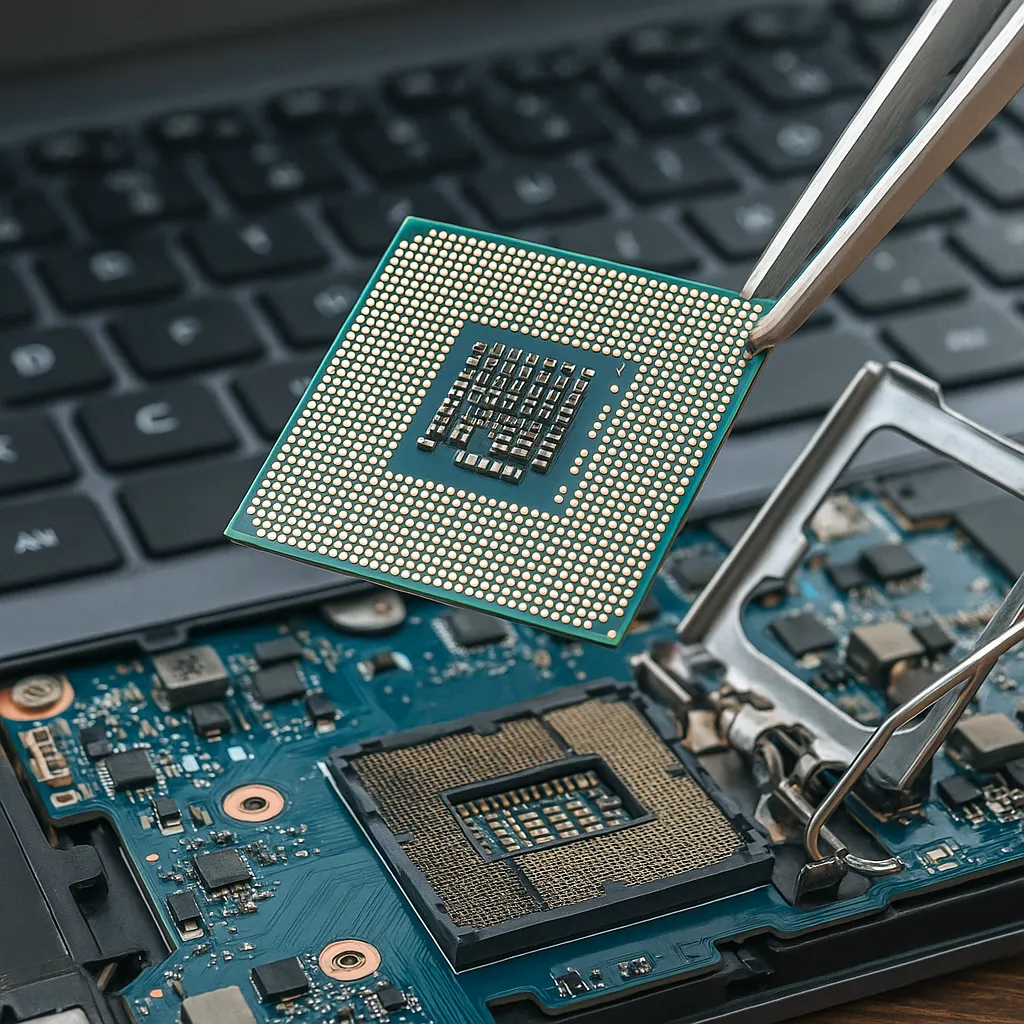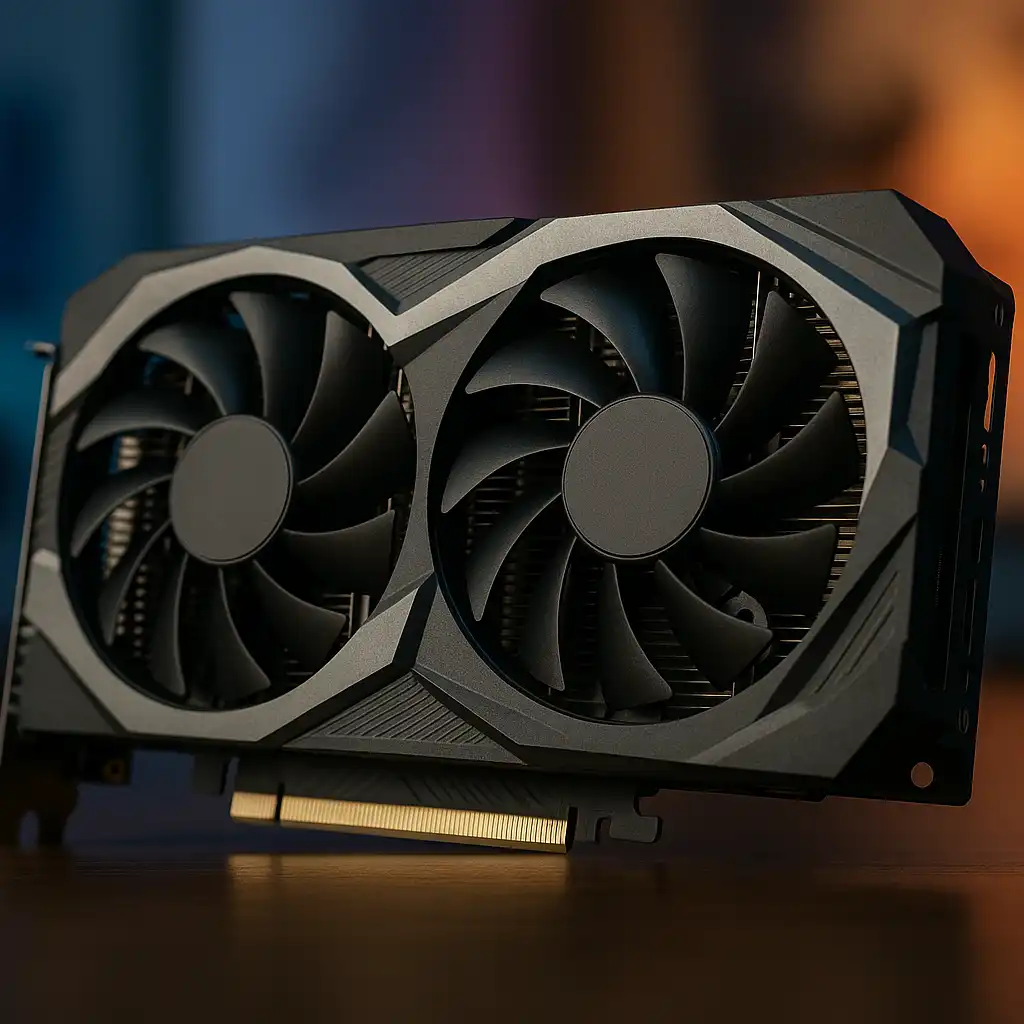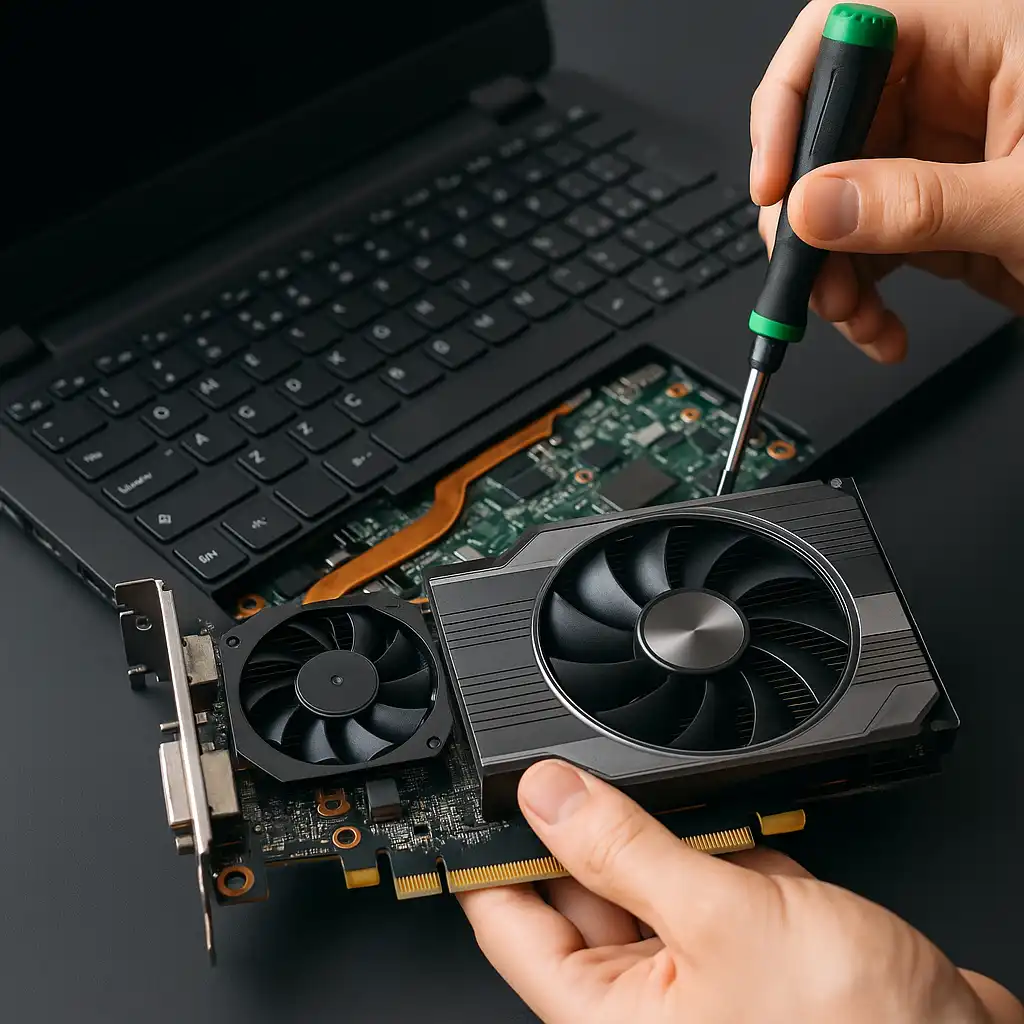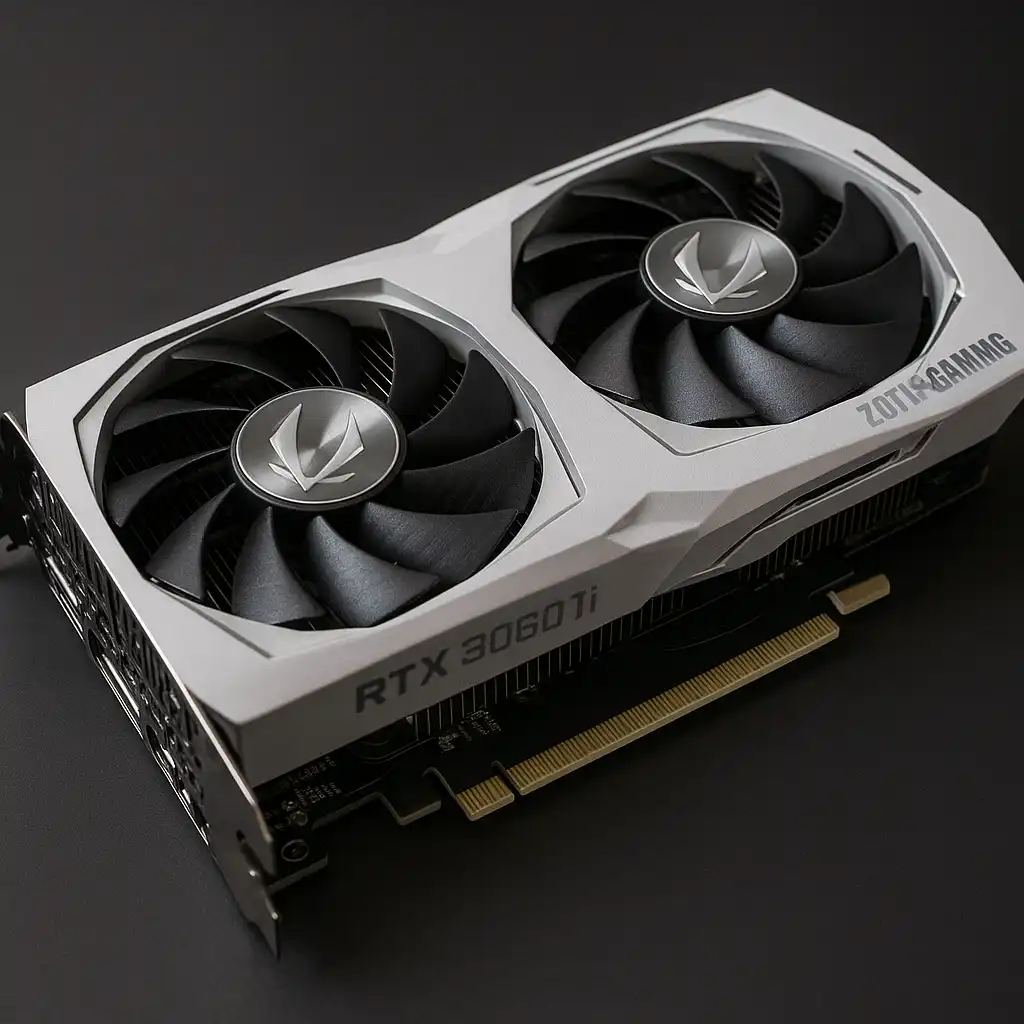Can You Change a Laptop CPU? What You Need to Know Before You Try
Disclosure: This post contains affiliate links. LaptopVoyager.com participates in the Amazon Associates Program and may earn commissions on qualifying purchases, at no extra cost to you.
Let’s be honest—upgrading your laptop’s CPU sounds like a techie dream. More speed, more power, maybe even a few bragging rights. But before you bust out the toolkit and thermal paste, there’s one question you need to answer: can you actually change a laptop CPU? The answer is a bit of a mixed bag—so let’s get into it.
Understanding Laptop CPU Design
Laptops are built for portability, not modularity. Unlike desktops, which often come with swappable CPUs, most modern laptops are designed with everything tightly packed together—sometimes even soldered directly to the motherboard. In fact, the vast majority of laptops made in the last 10 years come with soldered processors, especially ultrabooks, thin-and-light models, and budget laptops.
The reason is pretty simple: soldering the CPU allows manufacturers to make devices thinner, cooler, and more power efficient. But the trade-off? You’re stuck with whatever chip is baked in from the factory.
Are There Exceptions?
Yes—but they’re rare. Some older business-class or gaming laptops may use socketed CPUs. These machines often allow limited upgradeability, though the list of compatible processors is usually short. Even if the CPU is removable, you’ll still need to consider BIOS support, power requirements, and thermal design.
And here’s the kicker: the performance boost from an upgrade often isn’t as significant as you’d expect. Even moving up a generation or two might not bring noticeable improvements if your RAM, storage, or cooling system can’t keep up.
What Are the Risks?
Replacing a CPU in a laptop isn’t a casual afternoon project. You’ll need to completely disassemble the machine, remove the motherboard, and sometimes even desolder components. There’s also a decent chance you’ll void your warranty (if there’s still one active), and even a small mistake could leave your laptop permanently bricked.
You also have to worry about things like BIOS incompatibility, voltage mismatches, and overheating—all of which can cause serious issues, even if the install technically works.
Smarter Alternatives to a CPU Upgrade
If your laptop feels sluggish, there are much safer and more impactful upgrades you can consider:
- Upgrade your RAM: If your laptop allows it, going from 4GB to 8GB or more can dramatically improve multitasking.
- Swap in an SSD: Replacing a hard drive with a solid-state drive can make your laptop feel like a new machine.
- Clean up your system: Sometimes a clean install of the OS or decluttering background processes can give you a surprising boost.
These options are generally cheaper, easier, and much less risky than trying to yank out and replace a CPU.
Conclusion
So, can you change a laptop CPU? Technically, sometimes. Realistically, it’s rarely worth the effort, cost, or risk. Unless you’re working with a rare, socketed system—and have serious technical skills—you’re better off exploring other upgrade paths or investing in a new machine. Your time, sanity, and laptop’s lifespan will thank you.







